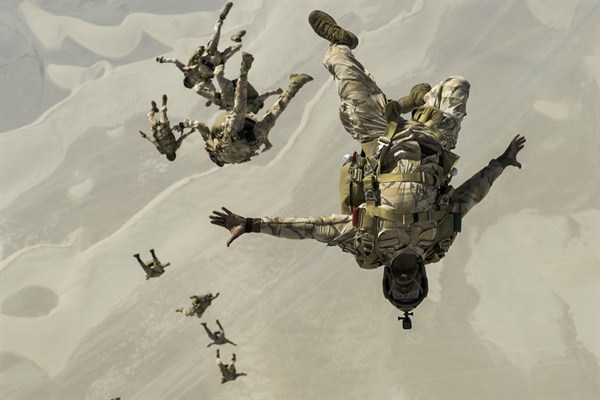In recent months, the tiny Gulf state of Qatar has gone on a military spending spree, buying aircraft from the United States, France and, most recently, the United Kingdom. At the same time, Qatar has been increasingly isolated by its neighbors and fellow members of the Gulf Cooperation Council, Saudi Arabia and the United Arab Emirates, which launched an economic blockade of Qatar in June with the help of Bahrain and Egypt. In an email interview, Camille Pecastaing, academic director and senior associate professor of Middle East studies at John Hopkins University’s School of Advanced International Studies (SAIS), explains what’s driving Qatar’s military buildup, what it means for its military and how it shapes regional power dynamics and relations with the West.
WPR: What is behind the surge in Qatar’s military spending?
Camille Pecastaing: For more than a decade, Qatar has attempted to build up its profile as a key power in regional and even global politics. These efforts, primarily diplomatic and financial, have a military component as well. Diplomatically, the first success came when Doha brokered an agreement between various Lebanese factions in 2008. Another achievement was the 2011 agreement between the Sudanese government and a rebel group from Darfur.

